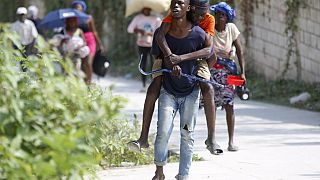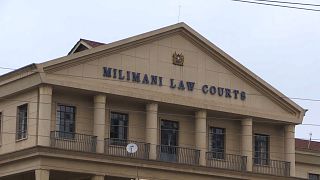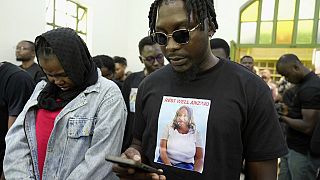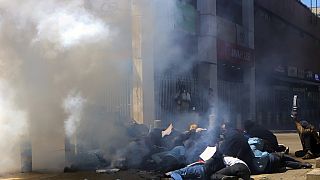Kenya
Since the Kenyan high court's ruling last Friday blocking the deployment of a U.N.-backed police force to assist in combating gangs in Haiti, a sense of uncertainty has gripped the troubled Caribbean nation.
The judge's rationale behind the decision is based on the argument that the deployment would be deemed illegal due to the National Security Council lacking the legal authority to dispatch police forces beyond Kenya's borders.
According to the latest U.N. statistics, the reported number of killings in Haiti more than doubled to nearly 4,500 last year, with reported kidnappings surging by over 80% to almost 2,500 cases.
A recently released U.N. report reveals that Haiti's National Police force is facing a crisis, with officers leaving at an alarming rate while those remaining in service are grappling with the overwhelming presence of gangs. Over 1,600 officers departed the department last year, and an additional 48 were reported killed.
Despite the deteriorating situation, skepticism persists among many Haitians regarding the efficacy of U.N. intervention and the deployment of foreign troops to address the nation's gang-related issues.
Kenyan President William Ruto has expressed the intention to appeal the court's ruling, but the duration of this process remains uncertain. It is also unclear whether countries that had pledged to send smaller forces to support the multinational mission would consider proceeding independently.
Countries such as the Bahamas, Jamaica, Belize, Burundi, Chad, and Senegal had previously expressed plans to contribute forces to the mission.












Go to video
Ties between China and Kenya "upgraded to a new level", say leaders during Ruto's state visit
Go to video
President Ruto signs $950M deal in China, strengthens Kenya–China ties
01:06
UN warns of deepening Haiti crisis
Go to video
Protesters in Haiti demand protection against gangs
Go to video
South Africa: inquest into death of Nobel Peace Prize laureate Chief Albert Luthuli re-opened
Go to video
Africa off track on maternal mortality targets, UN warns on world health day 2025